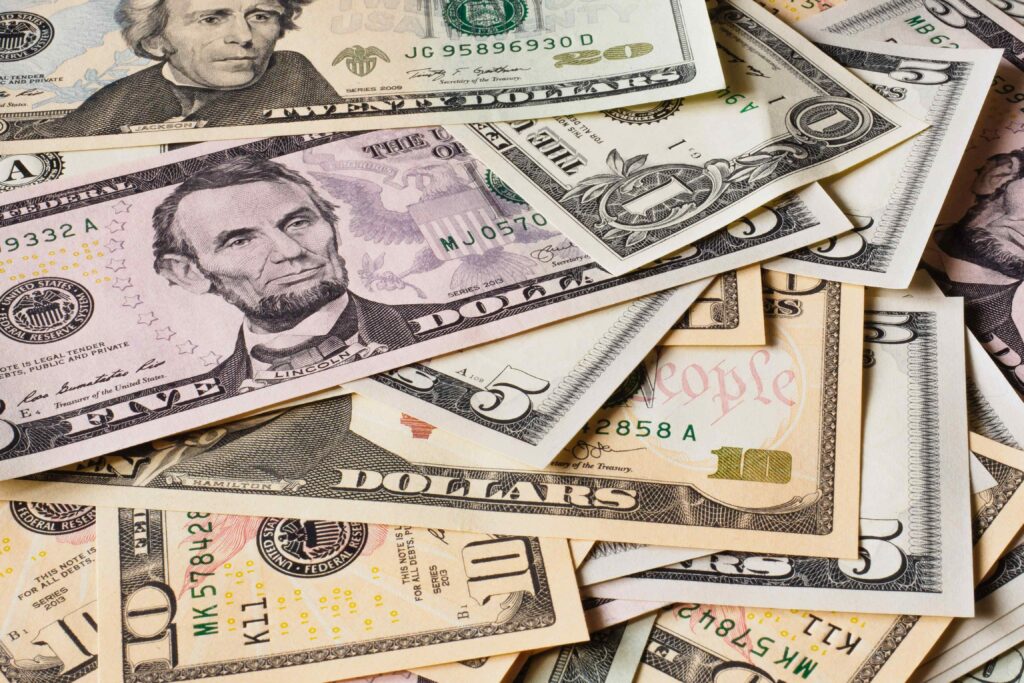As a small business owner, you’ve probably found yourself in need of more finance to pay startup expenses, hire more staff, acquire additional goods, or meet some other financial necessity.
Lenders often provide two forms of funding: secured loans and unsecured loans. But which sort of loan is best for your company? Understanding the major distinctions between the two might be the difference between a risk-free cash influx and a costly financial error.
What Is an Unsecured Business Loan?
The primary distinction between secured and unsecured business loans is that the latter does not require the borrower to offer security in exchange for the amount borrowed. This loan is solely based on the borrower’s creditworthiness.
When a small company cannot qualify for a standard loan or cannot negotiate better repayment terms with another lender, it will often seek an unsecured loan. Personal guarantee conditions in unsecured loans may be quite advantageous for borrowers, but any default might have long-term consequences that exceed advantages such as negative repercussions on your business’s credit score.
Because an unsecured business loan is beneficial for the borrower, the lender often charges significantly higher interest rates than a loan secured by security. As a consequence, this kind of loan is far more difficult to secure. Because of the inherent risk in an unsecured business loan, it is usually issued as a short-term loan to reduce the lender’s risk.
To qualify for an unsecured business loan, your company must have a decent credit rating, a stable financial history, and a cash flow projection. It is uncommon for a traditional lender to authorize an unsecured loan, with the majority of such lending agreements coming from internet lenders.
Benefits Of Unsecured Business Loans
There are certain advantages to getting an unsecured business loan if your company has enough financial goodwill in the form of a great credit score and you can afford the interest rates.
The first and most obvious benefit is that you don’t require collateral. Lenders often require borrowers to put up valuable assets such as real estate, automobiles, or intangible assets such as investment portfolios and corporate trademarks as collateral for the loan. You may rest easy knowing you won’t lose such assets if anything goes wrong without putting them at danger of seizure by the loan institution.
However, if the things are included in the personal guarantee that every borrower must sign to acquire an unsecured business loan, the lender may eventually take them. After all, such an arrangement is legally binding.
Unsecured business loans often involve fewer paperwork, bypass the appraisal procedure for any security, and so have a faster total process. Unsecured business loans are also canceled if your firm goes bankrupt, however secured business loans are not.

Risks Associated With Unsecured Small Business Loans
While the advantages may seem to be substantial, there are some significant cautions to consider when seeking an unsecured business loan. First and foremost, you may not even be eligible for one.
Banks significantly depend on your personal or company credit score to decide whether they’ll issue you any form of loan, but given the high-risk nature of unsecured business loans, the bar is considerably higher. While there is no minimum credit score required for this kind of short-term business loan, a lower credit score indicates to the lender that you may have difficulty repaying the loan.
If your personal credit is poor, your business has a poor credit history, or your low credit consistently prevents you from obtaining a credit card, much alone a cash advance, your loan application is unlikely to result in any more business financing prospects. Borrowing money will always be more difficult if you are having difficulty paying your monthly payments.
If your company requires a huge sum of money, an unsecured loan, which often only provides lesser sums, is unlikely to meet your needs. Again, since there is no security to support the loan, banks are less likely to risk lending significant quantities of money.
Furthermore, because of the much higher interest rates for this sort of loan, an unsecured company loan may not be suited for you. The interest rates are virtually usually greater than those of several major credit cards, and some lenders charge a 100% APR. The amount you wind up paying is determined by your credit score.
Borrowers face high interest rates since the lender carries more of the risk associated in making the unsecured loan. With unsecured business loans, we often discover that the borrower may default and will not be able to repay the debt.
This gets us to the most important caution, which should apply to whatever borrowing you are considering: defaulting on an unsecured loan may spell disaster for you and your organization. Even if you don’t put up any collateral, reducing the lender’s risk, there are still ways that failing to repay your loan might cause you severe financial troubles.
If you fail on an unsecured company loan, both your personal and business credit scores would suffer greatly. Furthermore, just because you did not post specified collateral does not imply you would not lose any assets. The lender has the right to sue you and your company for not just the loan principal, but also interest and additional fees. Your company’s bank accounts may be garnished, and liens put on its assets, all in a matter of months.
Content Provided By:
Chester


